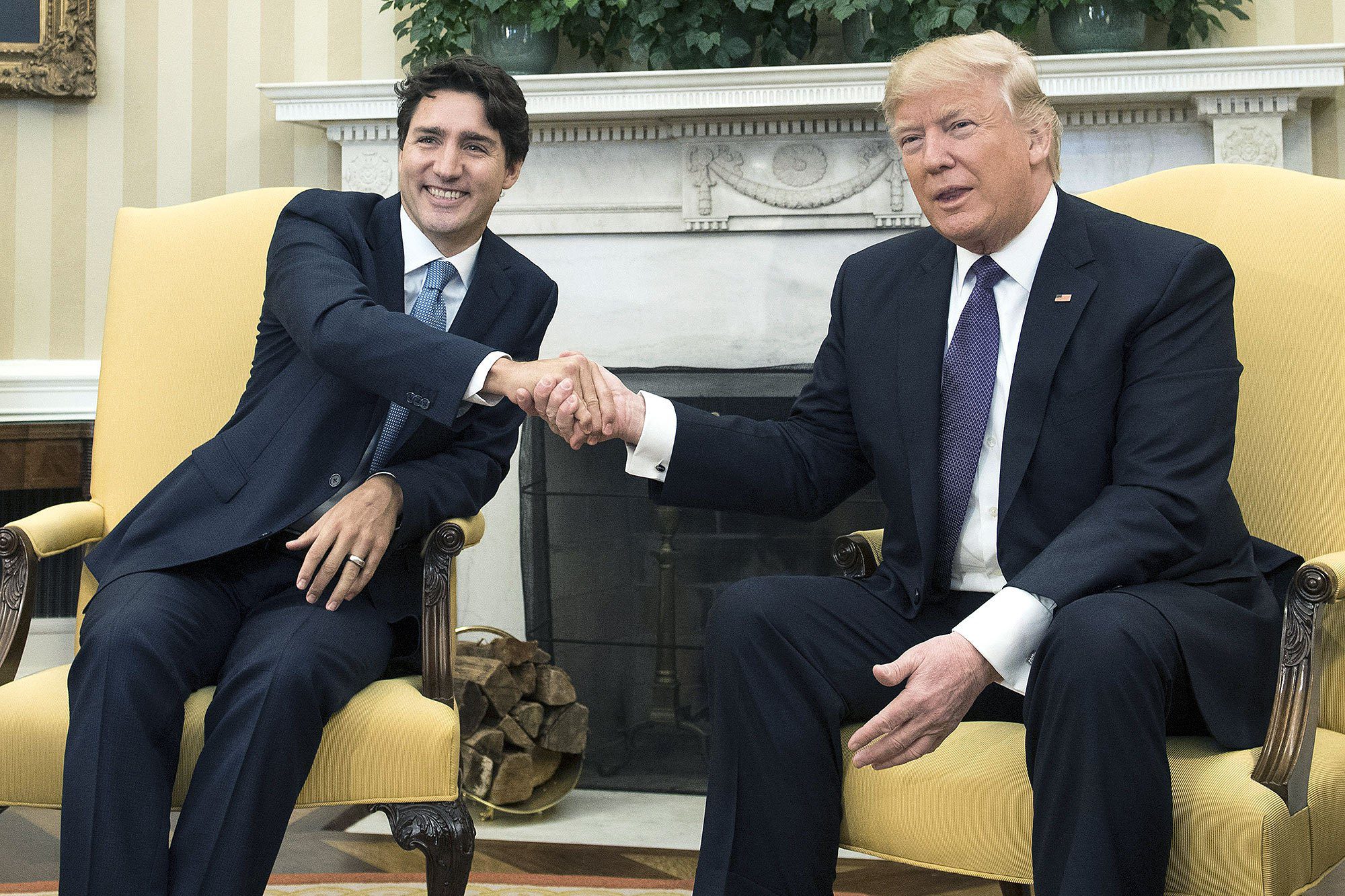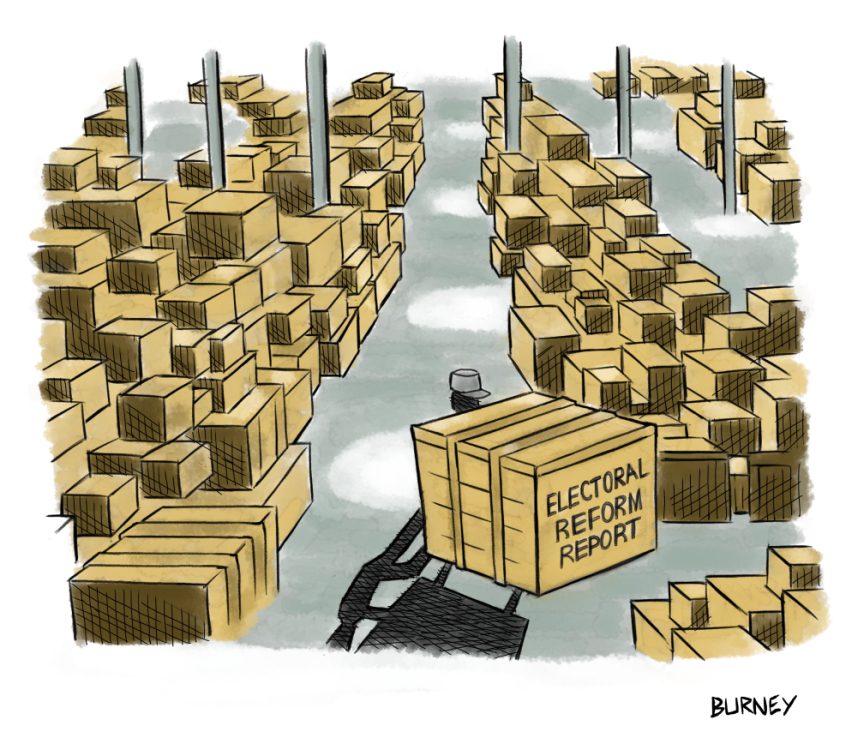The Trudeau-Trump relationship could end up being closer to workable (Harper-Obama) than divisive (Diefenbaker-JFK)
TORONTO, Ont. / Troy Media/ It goes without saying that meetings between Canadian prime ministers and U.S. presidents have been historically significant.
Some were positive (Brian Mulroney and Ronald Reagan, Jean Chretien and Bill Clinton), some were negative (John Diefenbaker and John F. Kennedy, Pierre Trudeau and Ronald Reagan), and others went better than expected (Stephen Harper and Barack Obama).
Now that Prime Minister Justin Trudeau and U.S. President Donald Trump have held their first meeting in Washington, what will be the future of Canada-U.S. relations?
Trump has been president for less than a month. It's been a rollercoaster ride, from arguments with the media over the size of the audience that attended his inauguration to the ongoing legal challenge involving Executive Order 13769, "Protecting the Nation from Foreign Terrorist Entry into the United States." He's inexperienced and still getting his feet wet in a job that few ever expected him to hold.
Trudeau obviously has more experience in terms of holding political office, yet he doesn't have a reputation of being a strong leader when it comes to international relations and matters of economic importance. While he's likely more willing to look at briefing notes and listen to advice than his U.S. counterpart, his interpretation of key information is suspect in the minds of many.
What these two people discuss and decide will have a profound impact for years to come. With roughly $541 billion in trade between Canada and the U.S. on the bargaining table, and the status of NAFTA up in the air, that's more than a little disconcerting.
There's no reason why Trudeau and Trump can't get along.
The president is a more dominant personality than the prime minister, but he's able to work with individuals from different walks of life. The fact that he's not an ideologue (he's neither a conservative nor Republican) is also intriguing, because his agenda is personal, and not political.
In the long history of Canada-U.S. relations, that's unique.
Meanwhile, the prime minister is more personable than the president, which means he has the ability to read an individual and identify potential pitfalls. He said in Halifax last month this relationship could be a "challenge" which is true, since Trump is very different than his predecessor, Barack Obama, and Canada's strategy is "to stay true to who we are."
Regardless, Trudeau stated both men "got elected on a commitment to help the middle class and we're going to be able to find common ground on doing the kinds of things that will help ordinary families right across the continent."
There is the common ground.
Trudeau and Trump's first bilateral was, as expected, a pleasant affair. It was a feeling out process for both leaders, to build rapport and see what ideas and policies they could emphasize.
This could open the door to solid economic relations, rather than constant fears over an icy political relationship and looming trade war. That's not to say issues concerning Trump's travel ban and renegotiating NAFTA won't cause tensions between the two countries; one hopes they'll find positive ways to work together and minimize the number of political bumps in the road.
If this were to happen, the Trudeau-Trump relationship could end up being closer to workable (Harper-Obama) than divisive (Diefenbaker-JFK). How many people would have bet on this?
Photo Credit: People
Troy Media columnist and political commentator Michael Taube was a speechwriter for former prime minister Stephen Harper.
© 2017 Distributed by Troy Media







